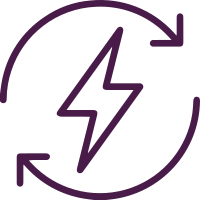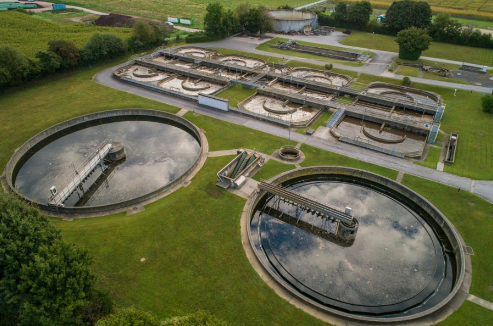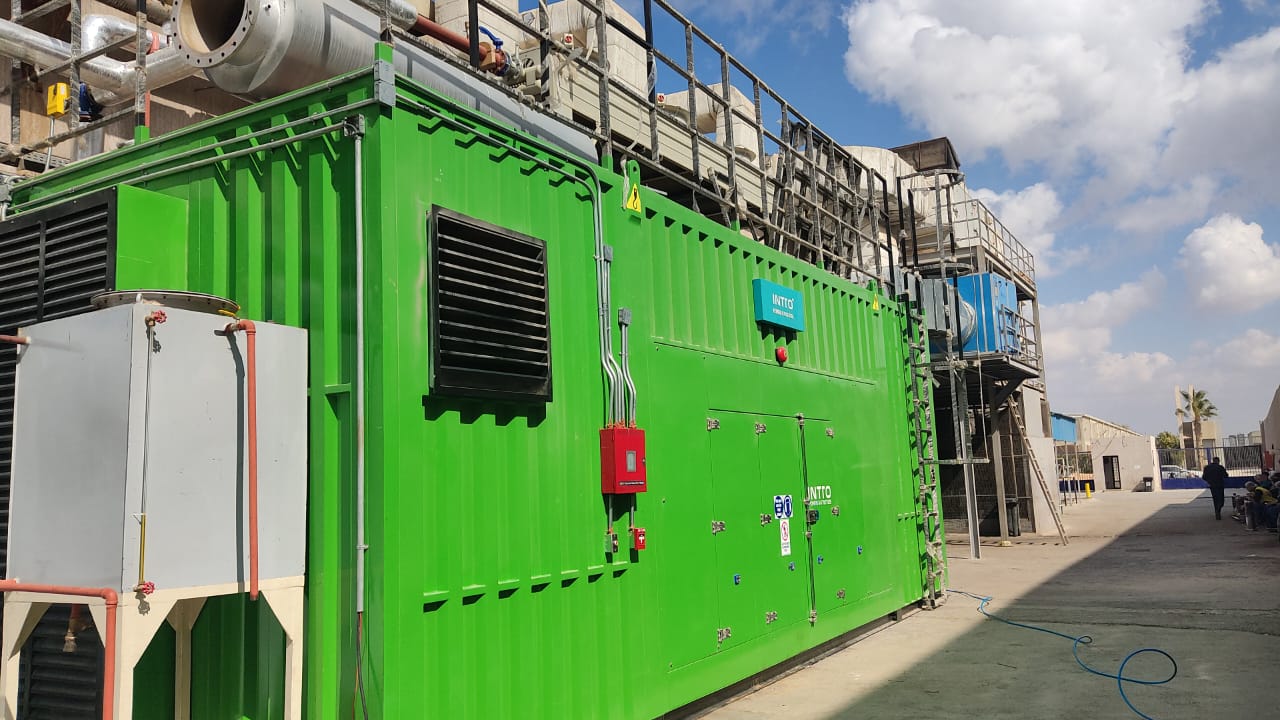

Power Generation
In parallel with Egypt’s NDC Mitigation, adaptation targets, and compliance with the Paris Agreement
It is estimated that the number of people that will experience water shortages will be at 60% by 2025. One of the significant resources for relieving this is desalination, as 97% of the world’s water is in oceans and seas.
When this process is executed using electrical energy, it is costly, and that’s why using sustainable energy desalination is proving to be an indispensable solution to this issue, whether through Reverse Osmosis or Thermal through multi-effect distillation and multi-stage flash distillation technologies.
This process is dual-layered:
The first is removing the bulk of the waste, slit, grit, and the primary sedimentation to remove solid organic material.
The second is adding microorganisms to dissolve organic solids, and the resulting biomass is enclosed in bio-digesters and subjected to heat to produce biogas or methane, which can be used to generate energy that can power the treatment plant. In cases of energy overflow, this electric energy can be directed towards the country’s primary electrical grid. Also, in the second phase, the resulting biomass can be decanted and dried to be used as a natural fertilizer in agriculture. It acts as a natural replacement for the chemical fertilizers that often leave traces in the produce, which can affect the health of consumers.
Wastewater treatment helps prevent the spread of diseases and provides a new water resource since it goes through multiple layers of water treatment. Chlorine is applied to kill 97% of bacteria, ensuring the water is safe for human use.


In parallel with Egypt’s NDC Mitigation, adaptation targets, and compliance with the Paris Agreement

Our digital platform provides energy metering, billing & invoicing, tampering, theft ..

Using more energy is associated with burning more fuel, spending more money, and increasing carbon emissions.


